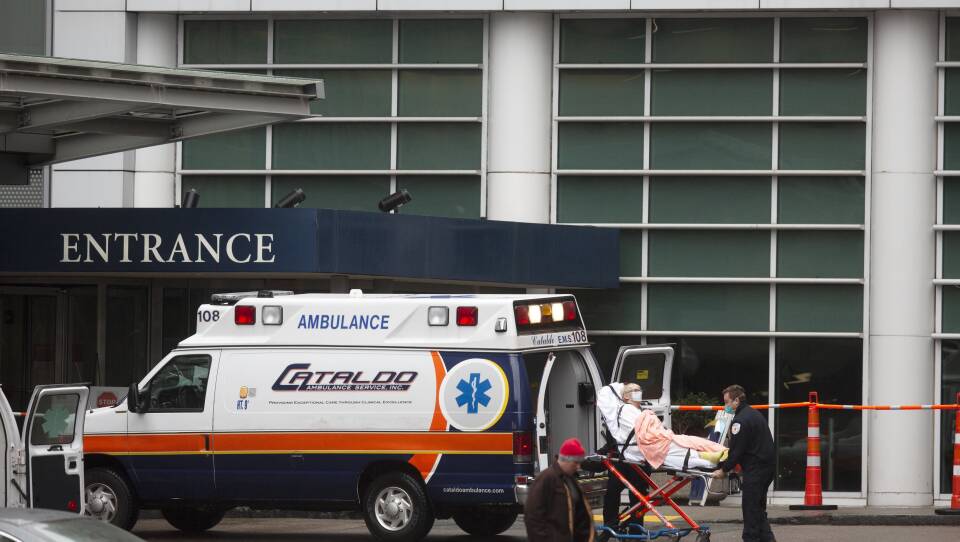Massachusetts issued new guidelines this week for rationing health care resources, should hospitals become overwhelmed by a surge in COVID-19 patients.
The guidelines — which the Boston Globe reportsare not mandatory — prioritize those who are young, otherwise healthy, and medical workers themselves.
Medical ethicist Arthur Caplan told Boston Public Radio on Wednesday that the guidelines reflect a harsh reality about the inequalities of healthcare, but will be necessary if hospitals become burdened.
"If you have underlying chronic diseases — diabetes, emphysema, chronic lung disease — because you didn't get good healthcare to begin with, now we're telling you you're at the end of the line for rationing, because you're not going to do as well," he said. "However, that said, I think that's what you've got to do. It makes no sense to throw resources into people who are so sick that they're really unlikely to do well. I understand the inequity of it, there's nothing like the plague to bring home the reality that the healthcare system is inequitable."
Caplan is the Drs. William F and Virginia Connolly Mitty Chair, and director of the Division of Medical Ethics at NYU Langone Medical Center.





